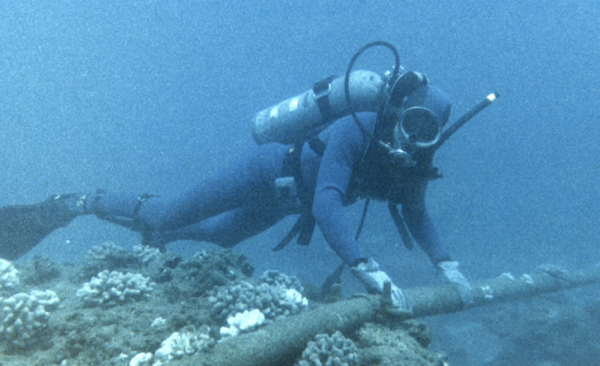For the last seven years Finland has received the top place as the world’s happiest country.
Such an award deserves clarification because it is an extremely curious conclusion about any country whose population of 5,603,075 covers an area bigger than the UK and experiences long, cold, dark winters and short, warm summers with a rapidly ageing population!
The World Happiness Report is a reliable scientific report based on measurable statistics made by a partnership of Gallup, the Oxford Wellbeing Research Centre, the UN Sustainable Development Solutions Network, and the WHR’s Editorial Board. The report is produced under the editorial control of a WHR Editorial Board.
Its central purpose is to review the science of measuring and understanding subjective well-being, and to use survey measures of life satisfaction to track the quality of lives as they are being lived in more than 150 countries.
However, the report does not look forward to the future, and that is its greatest weakness when people celebrate its results and feel good about themselves…
Finns are normally happy “on average”, but only in a serious sense, because they typically experience satisfaction with life without being too demonstrable. People are generally reserved and think seriously about life because, being a small country, Finns are somewhat concerned about looking after ourselves and others. There is a strong social identity and conscience.
Finns enjoy the opportunities of excellent free or low-cost education, and access to a reasonably comprehensive public healthcare service, and other basic social services for which they dutifully pay their taxes.
Men are generally rather serious, women are perhaps more open and prone to smile, but Finns are not great risk takers, and are conservative by nature. Adults put great weight on democracy and equality of opportunity, which are important values which they expect to receive and hold for others. Extreme political parties are frowned upon and have had so far short half-lives!
But all is not great in this fair land just now, and many independent Finnish thinkers are concerned about falling Pisa results and serious defects in the cost efficiencies of the country’s healthcare.
Healthcare has been privatized too quickly and a small number of big healthcare companies have employed huge numbers of doctors and other healthcare professionals from the public sector. This has increased public healthcare costs and significantly reduced public healthcare resources thus prolonging waiting times for needed surgical care. This need cannot be covered by private healthcare because it is too expensive for low wage-earners and increasingly expensive for the public sector that seeks to outsource care to these same private companies.
A more serious problem is the privatization of care for the elderly to these healthcare companies, which have aggressively expanded by buying smaller companies and by becoming outsourcing partners for the public sector. In particular, helpless elderly patients suffering from dementia-related infirmities are receiving unacceptably poor levels of care. There are regular reports of profit-seeking companies cutting costs and cutting corners to the detriment of people who can no longer complain.
The public sector regulators appear to be deliberately sleeping at the helm, or simply being negligent in their duty of care for needy patients. This is now a public scandal. Preventive healthcare and “own doctor” policies are failing due to funding cuts, and that has significant future cost implications.
Taken together it is obvious that without reforms Finland will see their measure of happiness lowered because the percentage retired folk will increase strongly from 28% to over 35% of the whole population with fewer people available to participate in the labour market during the next 10 years.




